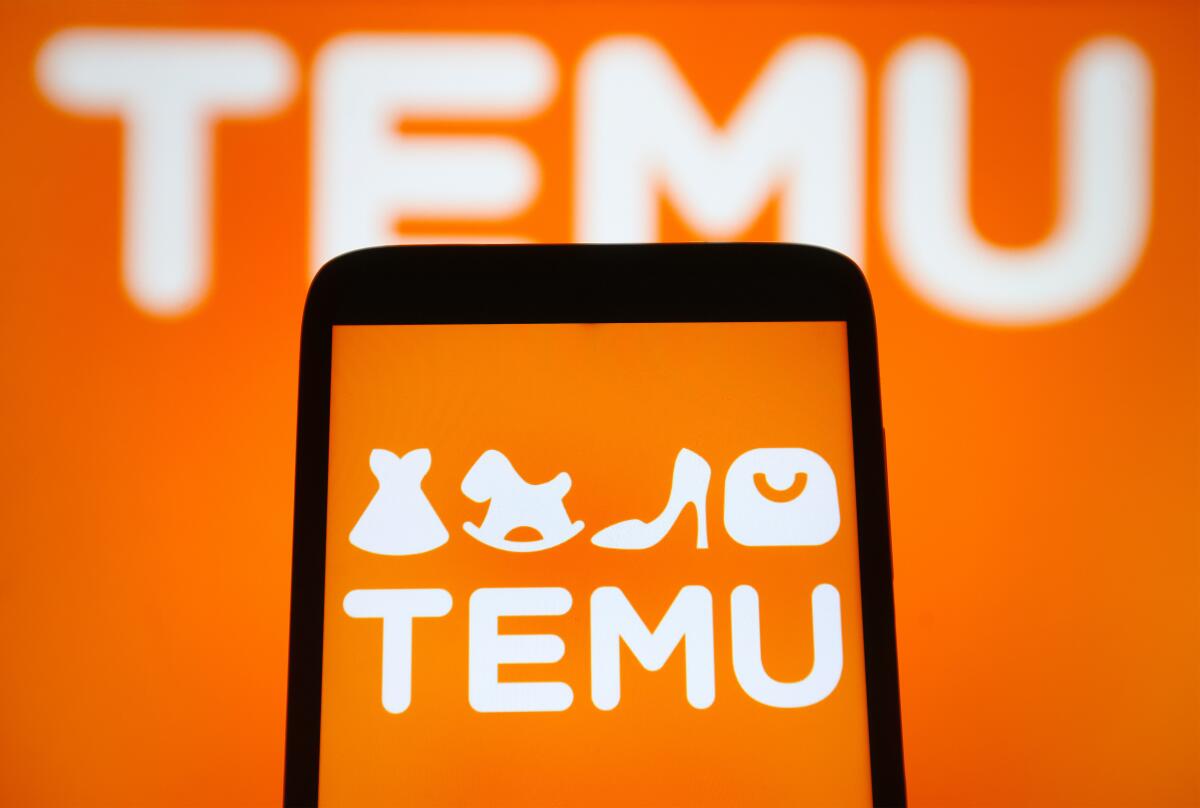In a world where online shopping has become a staple of everyday life, the implications of where our products come from are often overlooked. Recent research has revealed that products from China's Xinjiang province, associated with forced labor, are being sold to U.S. consumers through the shopping platform Temu. This situation raises serious questions about ethical sourcing and compliance with U.S. trade laws.
Temu, a platform owned by PDD Holdings, aims to compete with major players like Amazon and eBay by offering affordable clothing and home decor. However, its rapid rise in popularity coincides with alarming findings about the origins of its products. This article will explore the implications of these findings, the legal environment surrounding the sale of such items, and what it means for consumers.
As Temu continues to grow, the scrutiny from government agencies and advocacy groups is intensifying. With the U.S. government having implemented strict bans on importing goods from Xinjiang due to human rights concerns, the presence of these products on Temu highlights a critical need for consumer awareness and corporate accountability.

Products made in China’s western province of Xinjiang are being sold to U.S. consumers through the online shopping platform Temu, in breach of a ban that forbids goods from the region due to links to forced labor, according to research by a global supply chain verification firm.
Temu, owned by PDD Holdings, which operates Chinese e-commerce site Pinduoduo, launched in the U.S. in September and quickly became the most downloaded app on Apple’s U.S. App Store. Its marketplace carries clothes and home decor at rock-bottom prices, and the company is aiming to take on global retail behemoths such as Amazon.com and eBay.
But Tel Aviv-based Ultra Information Solutions says it found at least 10 items made or sold by businesses in Xinjiang that are also available in the U.S. on Temu, where their company links and origins are obscured. Ultra used its digital vetting platform Publican to compare products sold on Temu — such as sandals, sunglasses, and other items — with those sold by the parent company inside China.
“It’s a systematic violation of U.S. trade policies,” Ultra co-founder Ram Ben Tzion said.
Representatives for Temu and PDD didn’t respond to requests for comment.
Citing what the U.S. State Department has called “horrific abuses” against the Uyghur people of Xinjiang, who are predominantly Muslim,




